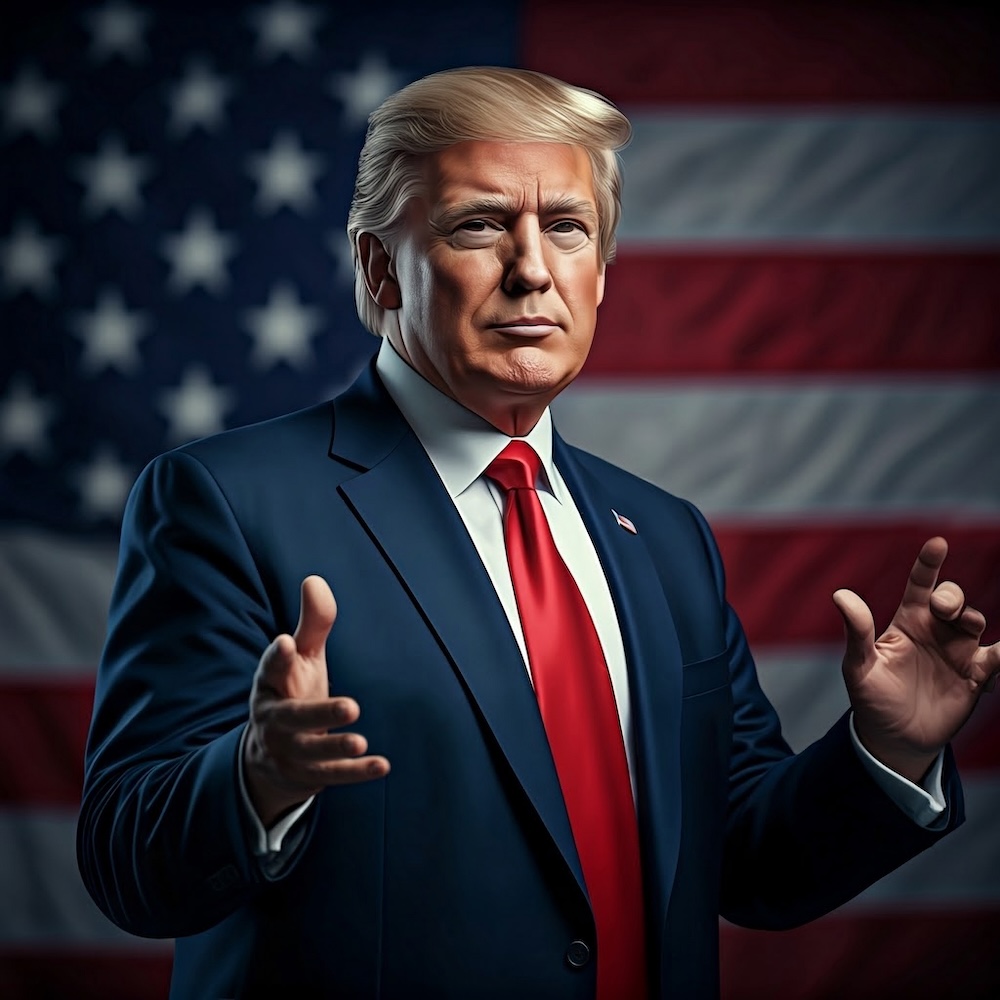The executive boardroom fell silent as Leah, a senior executive at a Fortune 100 tech company with over two decades of strategic innovation experience, shared a painful truth.
“I was passed over for the board position,” she admitted, her voice steady despite the weight of her words.
Leah paused, then added the kicker: “The position went to someone with half my experience! Apparently they had a strong online presence and that was more important to the board than my actual track record.”
She recalled the exact words from the board chair: “We genuinely admire your accomplishments. The other individual brought a strong online authority to the table. We couldn’t see that from you, and it influenced our final vote.”
This scene—playing out in boardrooms, C-suites, and organizations across the globe—reveals a troubling paradox in today’s leadership landscape: real-world authority no longer automatically translates to recognized influence.
The Invisible Expert Phenomenon
Leah’s situation isn’t unique. It’s symptomatic of what I call the “Invisible Expert Phenomenon”—where deeply accomplished leaders find themselves mysteriously overlooked despite stellar track records.
Consider these patterns emerging across sectors:
- A biotech founder whose research shaped key medical innovations finds her work attributed to more visible peers
- A climate scientist with decades of field research watches as major policy forums invite colleagues with stronger digital presences to speak on topics she pioneered
- A humanitarian aid director sees his crisis response methodologies cited without attribution, while others become the “face” of approaches he developed in the field
This isn’t just a matter of hurt feelings. It represents a significant shift in how influence operates in our connected world—one that has real consequences for careers, causes, and global impact.
The Evolving Currency of Authority
Much like the silent revolution of AI in healthcare that transformed medicine long before making headlines, a quiet transformation has occurred in how we assign credibility and influence.
For decades, authority was built through credentials, institutional affiliation, and closed-door accomplishments. Your reputation traveled through whispered recommendations and insider networks. Your work spoke for you.
But today, visibility has become inextricably linked with credibility.
“I used to think my work would speak for itself,” explains a former head of a global health initiative who requested anonymity. “But I watched as major funding decisions were influenced by who had built a compelling narrative around their expertise—not just who had the strongest results.”
The frustrating reality? Many brilliant leaders find themselves facing an uncomfortable choice: adapt to this new paradigm or risk having their contributions minimized or worse—attributed to others.
When Silence Becomes a Liability
While researching patterns among overlooked leaders, I discovered something unexpected: the most common factor wasn’t age, gender, or even technological savvy.
It was a specific mindset.
“I believed that promoting myself would somehow diminish my work,” explains a veteran peace negotiator with over 25 years of experience resolving high-stakes conflicts. “I thought humility meant invisibility.”
This sentiment—variations of “my work should speak for itself”—appeared consistently among leaders experiencing the invisible expert phenomenon. Many expressed a genuine discomfort with what they perceived as self-promotion.
Yet this creates a dangerous vacuum where others—often with less expertise but more comfort with visibility—become the recognized voices in critical conversations.
The cost? Not just to individual careers, but to our collective intelligence. When our most experienced voices go unheard, we all lose access to their hard-won wisdom.
The Case of the Missing Influence
During a closed-door session with leaders from major international organizations, I asked a simple question: “How many of you feel your real-world impact is accurately reflected in your public profile?”
Only two hands went up in a room of twenty-seven.
One participant, a senior advisor who had shaped multiple refugee crisis responses, shared: “I recently watched someone with a strong online presence get credited for a framework I developed over a decade ago. The worst part? I couldn’t even be angry. I had never made my contribution visible beyond my immediate circle.”
This pattern repeats across sectors:
- Groundbreaking environmental research being attributed to more visible advocates
- Sustainable development strategies being associated with their promoters rather than their architects
- Public health breakthroughs being connected to those who popularize them rather than those who discover them
In essence, the question has shifted from “Who did the work?” to “Who is known for the work?”
The Authority Translation Gap
At the heart of this crisis lies what I call the “Authority Translation Gap”—the space between real-world expertise and recognized influence.
This gap exists because offline and online authority operate by different rules:
Offline Authority is built through:
- Demonstrated competence
- Direct experience
- Institutional endorsement
- Peer recognition
- Measurable results
Recognized Influence requires:
- Strategic visibility
- Narrative coherence
- Consistent presence
- Accessible expertise
- Selective amplification
The leaders who thrive today aren’t necessarily those with the deepest expertise, but those who successfully translate their offline authority into recognized influence.
Beyond Self-Promotion: The Strategic Visibility Shift
When I share this reality with accomplished leaders, I often encounter resistance. Their concerns typically cluster around a fear of appearing self-promotional or inauthentic.
“I didn’t spend decades building expertise to become an ‘influencer,'” one senior policy advisor at a major international organization told me, her voice thick with disdain for the term.
But this reaction reveals a fundamental misunderstanding of modern visibility. Strategic presence isn’t about self-promotion—it’s about ensuring your hard-won insights actually reach those who need them.
Consider Ratna Hendrianto, General Manager of the Millennium Hilton New York One UN Plaza. Her leadership journey spans over twenty years across three continents, yet she remains focused on empowerment and creating personal connections rather than self-promotion. Her approach demonstrates that authentic leadership visibility can coexist with humility and service.
The Quiet Authority Revolution
A shift is occurring among forward-thinking leaders who recognize this new reality. Rather than fighting against it or surrendering to it, they’re redefining it on their own terms.
I call this “Selective Strategic Visibility”—the practice of showing up intentionally in spaces where your voice creates the most value.
A leading sustainability expert transformed his approach after watching critical conservation funding go to less qualified but more visible projects. “I realized my silence wasn’t serving the causes I’d dedicated my life to,” he explains.
Instead of dramatic personality changes, he made three strategic shifts:
- He identified the 2-3 conversations where his expertise was most needed
- He developed a rhythm of sharing insights that balanced depth with accessibility
- He became selectively visible in spaces where key decisions were being made
The result wasn’t just personal recognition, but something far more meaningful: his expertise began shaping critical decisions again.
“I’m not posting selfies or chasing followers,” he clarifies. “I’m ensuring my three decades of field experience isn’t overlooked when it matters most.”
Translating Authority Without Losing Your Soul
For leaders uncomfortable with the spotlight, the good news is that effective visibility doesn’t require personality transplants or constant presence.
The most respected voices typically share three characteristics:
- Selective Depth Over Constant Noise
Rather than daily content, they share substantive insights when they truly add value. Quality trumps quantity every time. - Authentic Expertise Over Manufactured Authority
They don’t pretend to be something they’re not. Instead, they make their actual expertise more accessible and visible to those who need it. - Strategic Rhythm Over Random Presence
They develop a sustainable approach to visibility that works with their schedule and temperament—not against it.
The leaders making the biggest impact aren’t those shouting the loudest. They’re the ones who have mastered the art of being visible at the right moments, to the right people, with the right message.
The Way Forward: Bridging the Gap
For too long, we’ve treated visibility as either irrelevant to “serious” leaders or as something reserved for natural extroverts and self-promoters.
Both perspectives miss a critical truth: in our connected world, visibility has become an essential component of impact.
The question isn’t whether accomplished leaders should become visible, but how they can translate their authority authentically—without compromising their integrity or exhausting themselves in the process.
The answer lies not in dramatic personality changes, but in strategic shifts that honor both your expertise and the realities of how influence operates today.
Because at its core, this isn’t about self-promotion. It’s about ensuring that the voices we most need—those with deep experience, nuanced understanding, and hard-won wisdom—don’t go silent in the conversations that shape our future.
For leaders like Leah, the tech executive passed over despite her superior qualifications, the path forward isn’t about becoming someone else. It’s about ensuring her expertise reaches those who need it most—by bridging the gap between being accomplished and being influential.
In a world facing increasingly complex challenges, we cannot afford to have our most experienced voices overlooked. The cost is simply too high—not just for individual leaders, but for all of us who benefit from their wisdom.
Yesim Saydan is a Senior AI Author at Envoy Magazine.
As a globally recognized AI Strategist & LinkedIn authority, her expertise lies in using latest tech for building digital visibility, influence, authority and creative communications for Leaders.





